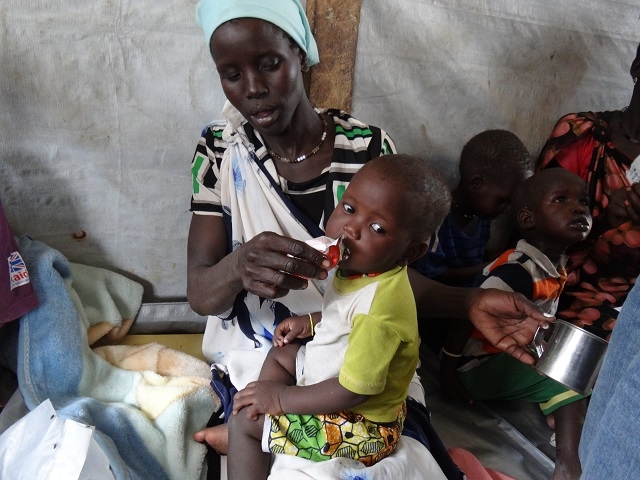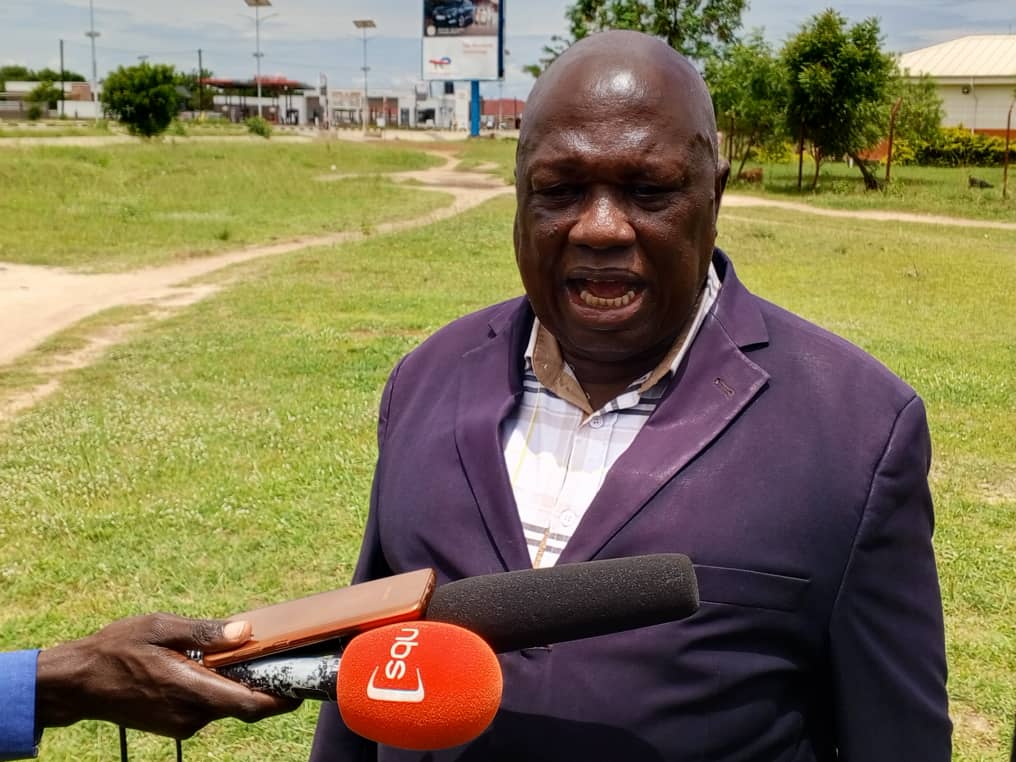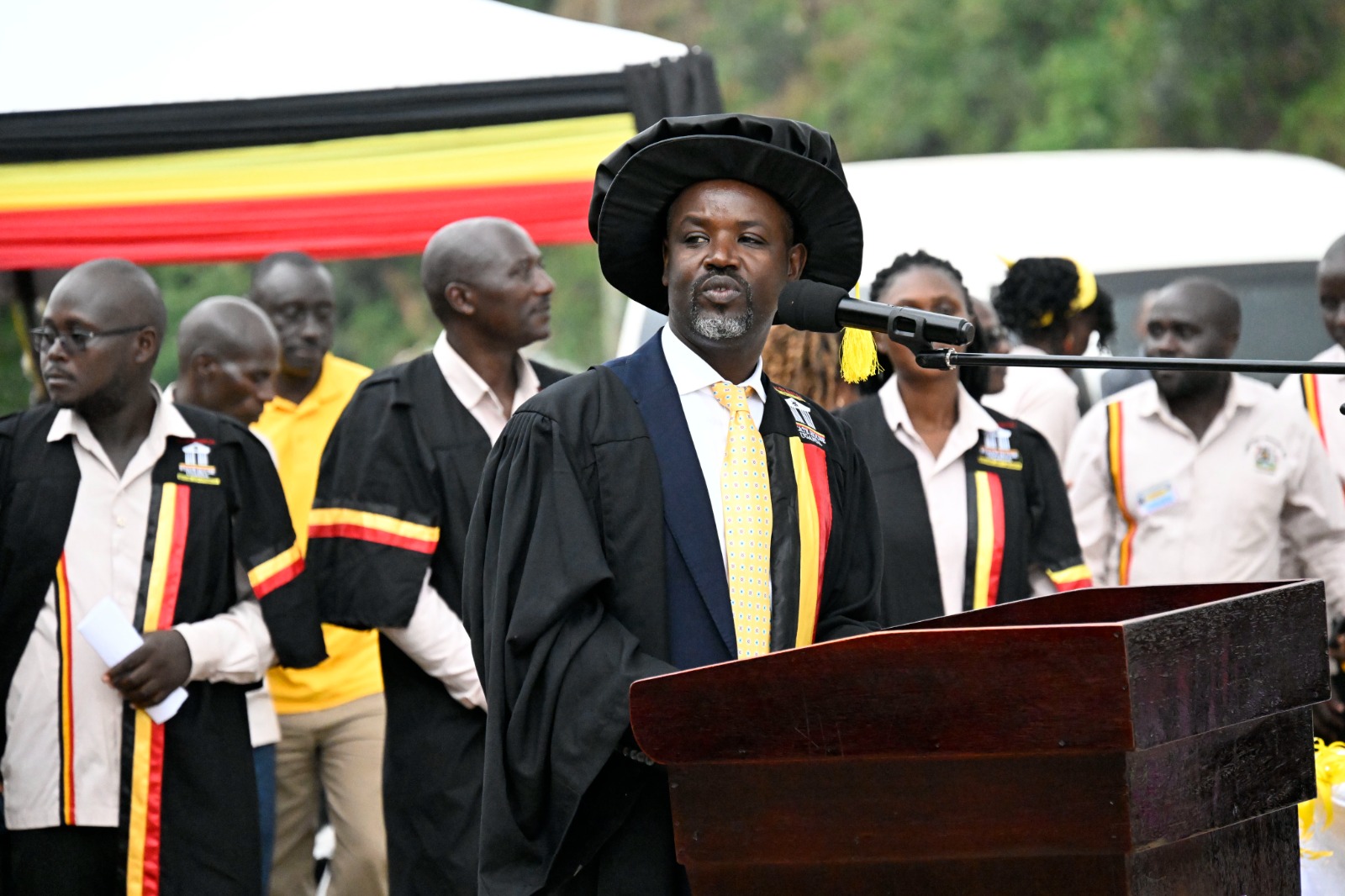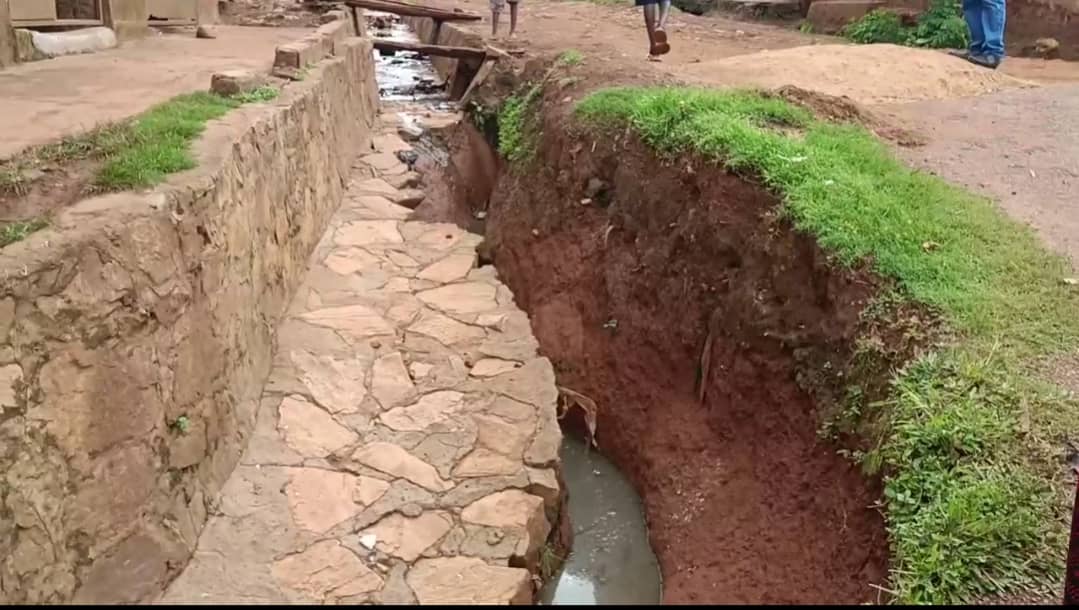Colonial cash crops are causing food insecurity in Africa
BEECHAM OKWERE
About two and a half centuries today as I write this Africans are producing, more or less, the cash crops they were forced to cultivate during the time of Bernardin de Saint Pierre: cocoa, coffee, sugar, peanuts, cotton, rubber, tea, palm oil, timber and tobacco.
The violence of the old colonial system keeps resurfacing in the bleak faces of malnutrition and hunger.
For example, millions of Africans are desperately malnourished and hungry in the horn of Africa.
In August 2017, the Food and Agriculture Organisation of the United Nations reported that more than 12 million people in Djibouti, Ethiopia, Kenya, Somalia and Uganda required ‘emergency assistance’.
I have also read and watched from different news agencies and services repeatedly emphasizes the ‘acute malnutrition’ and ‘dire’ famine conditions in Somalia,Chad, Central African Republic,South Sudan and many others.
This countries are not merely starving but, since the early 1990s to 2017, are run without proper governance systems.
Warlords have divided the countries into satrapies, some fighting a jihad against Christians and others I have failed to understand the motive why we are armed and end up killing our own in the face of it all it's not an achievement.
Despite these cycles of hunger and violence, business as usual and warfare dominate many Africans countries.
 Hunger and malnutrition are causing disease
Hunger and malnutrition are causing disease
I have always wondered why many news agencies have always put their fingers to America and Russia with supplying weapons which is seen as funding wars in some African countries, most African states have turned to the exploitation of their natural resources with borrowed money and ideas from the West.
And since they have very little to export save our rare minerals or petroleum, Africans continue the colonial tradition of cash cropping.
However, cash crops for export take more and more of the best land from local food production, forcing peasants to bring additional marginal land under cultivation.
In addition, Western experts and their governments are convincing Africans to industrialise their agriculture.
In fact,let me refer to the likes of Rockefeller Foundation in the 1940s and after spearheaded the making of Mexican farmers in the model of Iowa farmers, now the Gates Foundation is in charge of an even more destructive practice for Africa: embarking on the road to genetic engineering whereby African or imported crop seeds will have their natures scrambled before they reach the soil, becoming products of Monsanto.
Mike Ludwig of Truthout has documented how Monsanto and Gates Foundation ‘push GE crops on Africa’.
As if thats not enough Africans eat mostly imported wheat, corn and rice, though rice in West Africa is at the heart of peasant farming.
About half of the African people eat roots, tubers and plantains.
The Europeans heaped scorn on the fantastic variety of Africa's indigenous cereals.
They classified the African grains as cattle feed.
That is why - and not so much because of urbanisation, perishability of food or labour requirements - many of the 2,000 varieties of indigenous grains, roots, fruits, and other food plants have been ‘lost’, at least from the daily diet of most Africans.
But these foods still exist in Africa and they are the answer to the tremendous food insecurity of so many millions of human beings in both Africa and elsewhere in the world.
In this year I came a cross many studies, ‘Lost Crops of Africa’, the US National Academy of Sciences says that Africa's native cereals like rice, finger millet, fonio, pearl millet, sorghum, tef, guinea millet and dozens of wild cereals, present a ‘local legacy of genetic wealth upon which a sound food future might be built’.
Africa's cereals are also tolerant of heat, cold, drought, water logging and infertile land. They are also nutritious and tasty.
Thus, these African native cereals do what genetic engineers dream of doing to wheat, rice and corn.
The Academy of Sciences study says that Africa's ‘lost’ plants may benefit more than Africa because ‘they represent an exceptional cluster of cereal biodiversity with particular promise for solving some of the food production problems that will arise in the twenty-first century.’
The worst of those ‘problems’ is the narrow base of biological diversity afflicting American crops.
In their relentless search for crops to fit giant machines, huge farms and profit, American scientists and agribusiness men rely on a handful of crops for most of the country's food.
The Academy had this tragic reality in mind in praising the ‘lost’ cereals of Africa.
These crops of Africa present Africa and the rest of the world with a great opportunity to join the African peasants, who still use many of these indigenous food plants, in building Africa's food security around Africa's own food, people and culture.
Convinced of the science and justice for food security for Africa, have we tried to do something about it?
Many scholars of food science working for the Environmental Protection Agency (EPA) have always advised us on the best way of uplifting poor people out of poverty.
Clearly, forceful growing of coffee and sugarcane made Africans very unhappy.
In the Congo, for instance, Belgian and French soldiers and agents of cash cropping companies carried ‘fire and sword from one end of the country to the other’ in order to force the Africans to work rubber.
An African writer and observer of the evolving colonial system, Chinua Achebe, captured in 1959 the anguish of Africa when he said, ‘all our gods are weeping’.
Foreigners disrupted the peasants' sacred farming with cash crops and forced them to abandon their ancestral gods.
It would not be easy for Africa to return to her pre-colonial culture. The entire international system would oppose that kind of metamorphosis.
Yet, cash cropping for the benefit of a few Africans and foreigners ought to find no more room in Africa.
Only then, the gods of Africa would cease weeping - and the lengthy process of reconstruction might have a chance to heal the enormous wounds of foreign domination and ruthless colonialism.
Besides, self-sufficiency in all matters of importance and food self-sufficiency in particular, is of crucial importance.
Aristotle called that autarkeia, autarchy, self-sufficiency and thought it was both an end and the best of state policies.
In Africa, agriculture will nurture freedom and democracy when all land from the cash crop plantations passes on to the peasants.
In addition, giving land to the African peasants is certain to inspire their distant relatives in the United States, the threatened black family farmers, to keep fighting for their land and freedom.
The author is a senior member of the East African Community Youth Ambassadors Platform and a member of the Nelson Mandela Young African Leaders Initiative(YALI).













